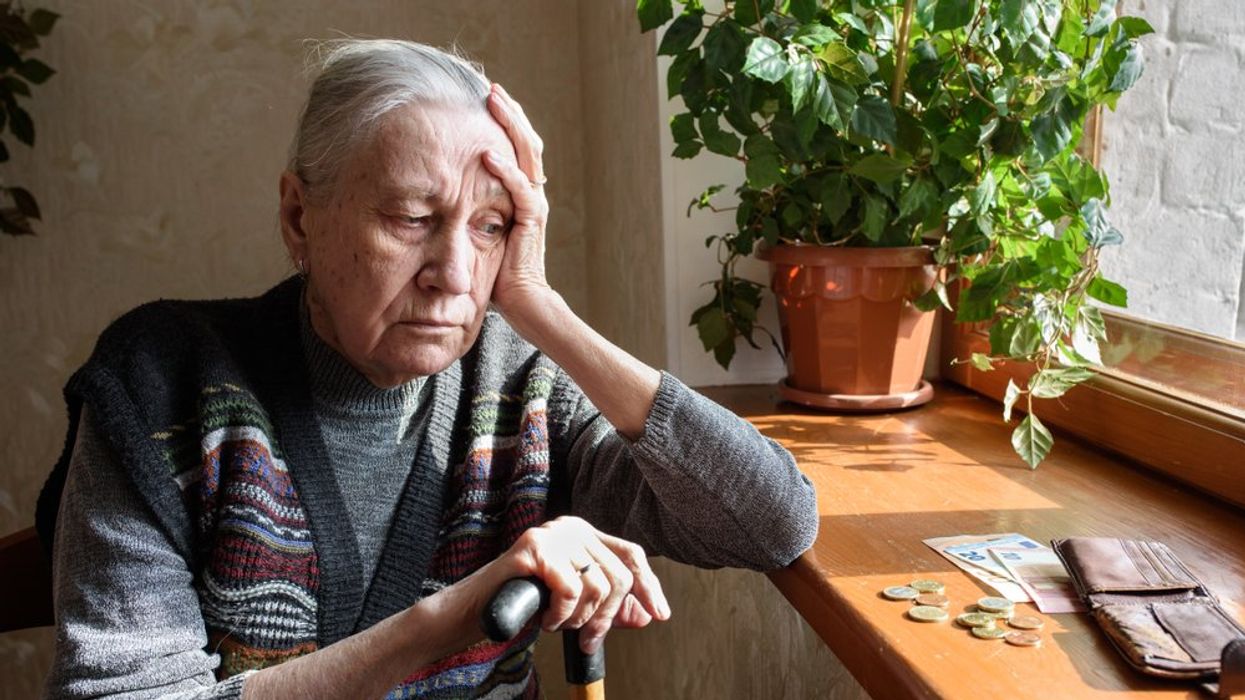A recent study by Varo Bank, Morning Consult, and THRIVE Financial Empowerment Services, the Wealth Watch Insights Report, surveyed over 1,000 Americans living paycheck to paycheck. It found staggering gender disparities among those who are struggling, as well as bipartisan distrust in U.S. financial institutions.
Around two-thirds (67 percent) of those considered "financially fragile" in the U.S. are women, according to the report. Women are also "significantly" more likely than men to be living paycheck to paycheck.
Nearly half (48 percent) of the respondents reported skipping basic needs like doctor's visits, essential medications, mental health care, healthy food, and safe housing in the last 6 months due to cost. 28 percent went without at least two basic needs.
Racial wealth gap

The study also noted that "financial struggles cross party lines in a major way." It found that along party lines, groups are equally struggling, and people under all political labels cite cost of living as their "greatest financial concern."
This is possibly linked to Americans' attitudes towards financial institutions, as two-thirds (68 percent) said that "You can't be too careful" when dealing with financial institutions. Even more (74 percent) agreed that "the U.S. financial system is rigged against the poor." This distrust transcended race, but women were more likely to report distrust in financial institutions than men.
As of 2022, women still earned 17 percent less than men. Women earned 82 cents compared to a man's dollar, which dropped even lower for women of color, with Black women earning 58 cents and Latina women earning 54 cents for every dollar. Unemployment among women also increased more during 2022 than it did for men, according to Forbes analysis.


















































